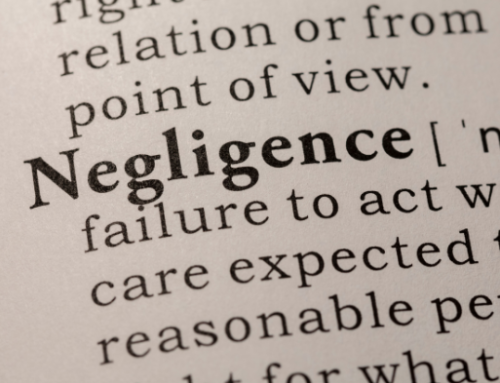Work Injury Damages vs. Common Law Claims in New South Wales: A Brief Guide to Damages Differences
When it comes to workplace injuries, understanding the legal avenues available for workplace negligence compensation is crucial. In New South Wales (NSW), beyond no fault workers compensation payments from iCare, injured workers have two primary options for a negligence claim: work injury damages claims and common law claims. Let’s explore the differences, eligibility criteria, and the role of personal injury lawyers in these processes.
Work Injury Damages Claims
-
What Are Work Injury Damages?
- Work injury damages claims arise from an injured worker’s right to sue their direct employer for negligence.
-
- These claims are often referred to as modified common law damages.
- The focus is on proving that the employer’s negligence directly caused the injury.
- Damages primarily cover past loss of earnings and future loss of earning capacity.
- Notable exclusion: pain and suffering and other non-economic damages.
- Settlement extinguishes further entitlements to workers’ compensation benefits associated with the injury.
-
Eligibility criteria include:
- An accepted liability claim for workers compensation NSW. See our workers compensation page for more information about how Grieve Watson Kelly workers compensation lawyers can help you with a workers compensation claim.
- Employer negligence as the cause of the injury.
- At least 15% permanent impairment (assessed by a qualified permanent impairment assessor) as agreed or certified.
- Receipt of all statutory lump sum entitlements for permanent impairment.
- Court proceedings must begin within three years of the injury date (unless court-approved extension).
Common Law Claims Against Host Employers
-
Scenario: Host Employers and Labour-Hire Companies
-
- Consider a worker (let’s call her Kelly) employed by a labour-hire company but working at a host employer’s premises.
- Both the host employer and the labour-hire company share liability for Kelly’s injury.
-
Common Law Claims
-
- Kelly can pursue a common law claim against the host employer.
- This claim extends beyond economic loss under a work injury damages claim to include:
-
Damages
- Past and Future Medical Expenses: Covers medical costs related to the injury.
- Pain and Suffering: Compensation for physical and emotional distress.
- Domestic Assistance: Help with daily tasks during recovery.
- Economic Loss: Similar to work injury damages but broader in scope.
As a result a common law claim is often larger then a work injury damages claim, but comes with it own complexity and risks.
-
Supreme Court Common Law Division
-
- Common law claims are often litigated in the Supreme Court’s Common Law Division or the District Court. The value of your claim will dictate which Court your claim is filed in.
- Here, the court assesses the full extent of damages, including non-economic factors.
-
Role of Personal Injury Lawyers
-
- Grieve Watson Kelly Lawyers also handle common law claims.
- Their accredited specialists provide expert advice and representation.
- They understand the nuances of NSW legislation governing common law damages.
Conclusion
In NSW, injured workers may have options beyond workers’ compensation. Whether pursuing work injury damages or common law claims, seeking legal guidance is essential. Contact the Grieve Watson Kelly common law and work injury damages lawyers to discuss you case.
Disclaimer: This post provides general information based on NSW sources and laws and does not constitute legal advice. We recommend you consult with a lawyer to obtain legal advice for your individual circumstances.







